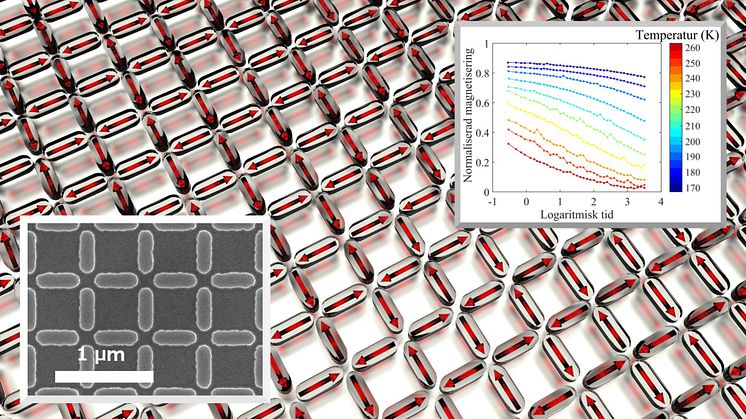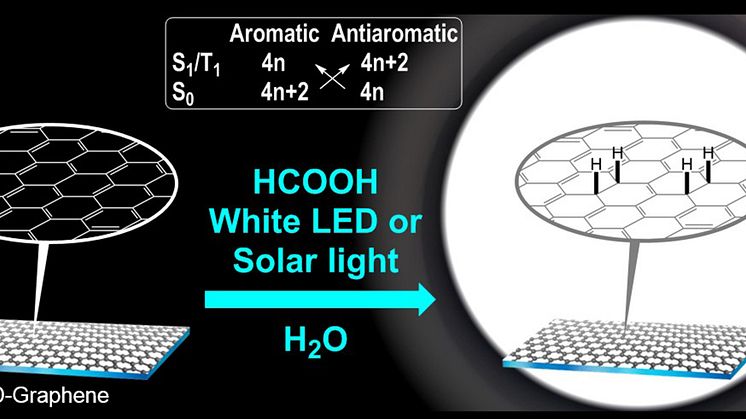Ancient proteins studied in detail
How did protein interactions arise, how have they developed? In a new study, researchers have looked at two proteins which began co-evolving between 400 and 600 million years ago. How did they work, and how have they changed over time? The findings, published in eLife, show how a combination of changes in the proteins’ properties created better conditions for the regulation of a cellular process.



